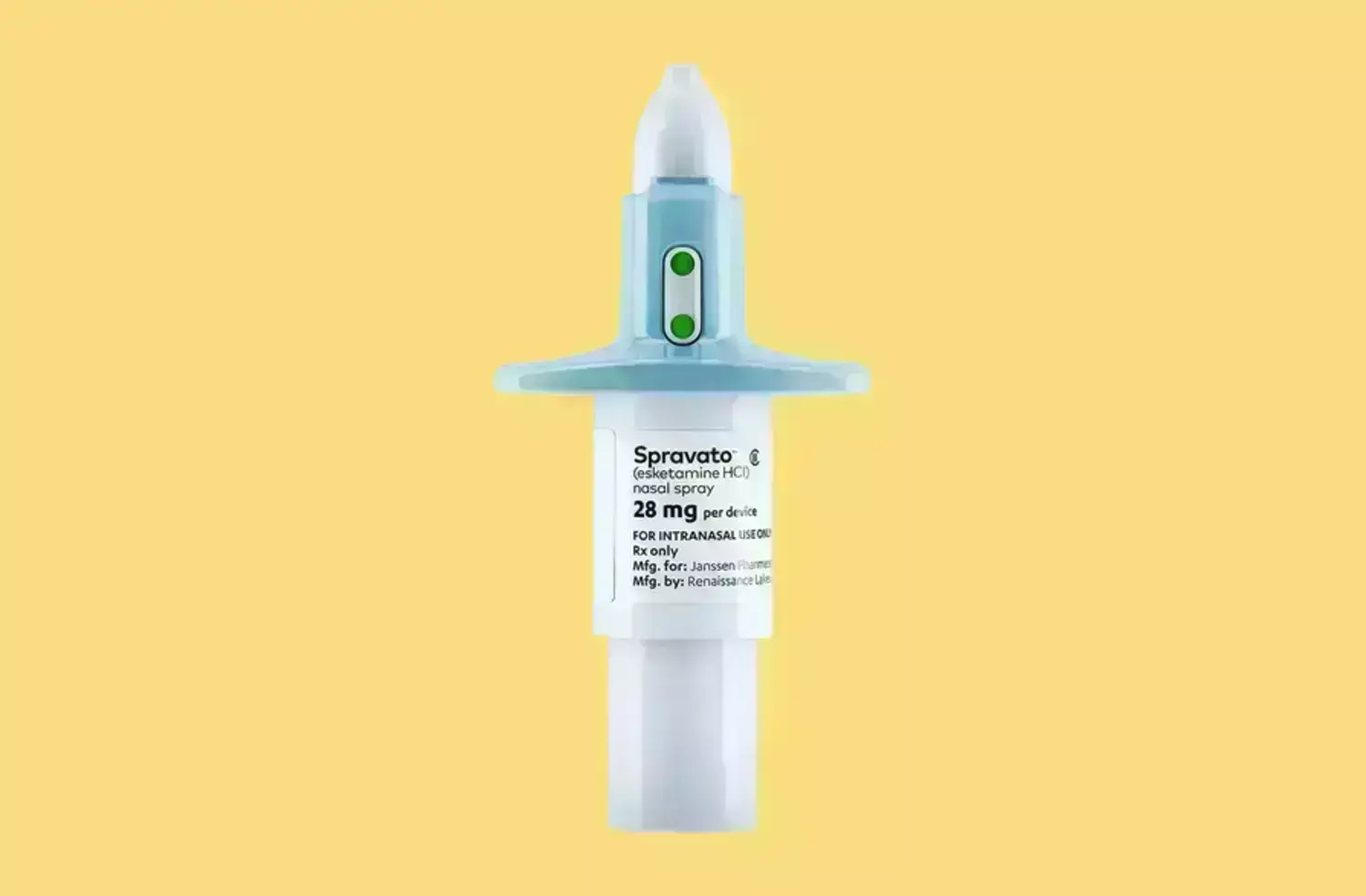- Home
- Medical news & Guidelines
- Anesthesiology
- Cardiology and CTVS
- Critical Care
- Dentistry
- Dermatology
- Diabetes and Endocrinology
- ENT
- Gastroenterology
- Medicine
- Nephrology
- Neurology
- Obstretics-Gynaecology
- Oncology
- Ophthalmology
- Orthopaedics
- Pediatrics-Neonatology
- Psychiatry
- Pulmonology
- Radiology
- Surgery
- Urology
- Laboratory Medicine
- Diet
- Nursing
- Paramedical
- Physiotherapy
- Health news
- Fact Check
- Bone Health Fact Check
- Brain Health Fact Check
- Cancer Related Fact Check
- Child Care Fact Check
- Dental and oral health fact check
- Diabetes and metabolic health fact check
- Diet and Nutrition Fact Check
- Eye and ENT Care Fact Check
- Fitness fact check
- Gut health fact check
- Heart health fact check
- Kidney health fact check
- Medical education fact check
- Men's health fact check
- Respiratory fact check
- Skin and hair care fact check
- Vaccine and Immunization fact check
- Women's health fact check
- AYUSH
- State News
- Andaman and Nicobar Islands
- Andhra Pradesh
- Arunachal Pradesh
- Assam
- Bihar
- Chandigarh
- Chattisgarh
- Dadra and Nagar Haveli
- Daman and Diu
- Delhi
- Goa
- Gujarat
- Haryana
- Himachal Pradesh
- Jammu & Kashmir
- Jharkhand
- Karnataka
- Kerala
- Ladakh
- Lakshadweep
- Madhya Pradesh
- Maharashtra
- Manipur
- Meghalaya
- Mizoram
- Nagaland
- Odisha
- Puducherry
- Punjab
- Rajasthan
- Sikkim
- Tamil Nadu
- Telangana
- Tripura
- Uttar Pradesh
- Uttrakhand
- West Bengal
- Medical Education
- Industry
Intranasal esketamine may improve symptoms of Treatment-resistant depression and fibromyalgia, reports study

Intranasal esketamine may improve symptoms of Treatment-resistant depression and fibromyalgia, reports a paper presented at American Psychiatric Association (APA) 2024 Annual Meeting.
Treatment-resistant depression with intranasal esketamine was linked to improvements in major depressive disorder (MDD) symptoms and fibromyalgia pain, a patient case showed. The US Food and Drug Administration approved esketamine (Spravato) for treatment-resistant depression and depressive symptoms in adults with MDD who had acute suicidal ideation in 2019. Since then, the FDA warned using a compounded ketamine nasal spray to treat psychiatric disorders puts patients at risk. Esketamine may be derived from racemic ketamine, but it is safe to treaty psychiatric disorders. Although esketamine is approved for treatment-resistant depression, research suggests it can help other conditions, too. After intranasal esketamine, a 40-year-old female on intranasal esketamine had incident improvements for both MDD and chronic fibromyalgia pain. She wasn’t the first patient to experience pain relief after esketamine. Another patient with treatment-resistant depression the investigators studied received remission for their chronic migraine headaches through 6 months of treatment. Other patients with treatment-resistant depression on esketamine experienced pain relief from pain syndromes such as diabetic peripheral neuropathy, lower back pain, and sciatica, on the day of dosing.
A study earlier this year found low dose esketamine improves acute postoperative pain in patients undergoing thoracoscopic surgery without increasing adverse events. Investigators of the study suggest the underlying mechanism may be linked to postoperative inflammation. In this study, the esketamine group had no decreased depression scores after the surgery. However, for fibromyalgia pain, intranasal esketamine demonstrated to lessen the discomfort, as demonstrated by one patient’s case presented at the annual American Psychiatric Association (APA) 2024 conference. The patient had treatment-resistant depression, as well as anxiety, irritable bowel syndrome (IBS), dysesthesia, poor concentration, low energy, and weight gain. She tried many oral antidepressants and augmentation agents to alleviate depressive symptoms. Antidepressants helped symptoms a bit, but they were still inadequate. Before her esketamine treatment, she took bupropion extended-release 450 mg and venlafaxine extended-release 225 mg daily. Her esketamine regimen started with an initial 56 mg dose on the first day to establish tolerability. Afterward, she received esketamine 84 mg intranasal twice weekly for 4 weeks and followed by once weekly for 4 weeks. The patient’s depressive symptoms improved within days of beginning esketamine. The treatment also improved her sleep. Since depressive symptoms returned after switching to a biweekly dosing, she returned to weekly dosing. Along with reducing depressive symptoms, esketamine provided pain relief from fibromyalgia pain. She rated her baseline pain as 7 – 8 daily on a 10-point scale with aggravations to 9 or 10. After esketamine, she rated her pain as 2 – 3, except for a score of 4 on day 6 and a score of 7 on the 1-week inter-dose interval. The response lasted over a 10-month course of treatment. When doses were 11 or 9 days a part, the patient rated her breakthrough pain as 6 – 7.
Dr. Shravani Dali has completed her BDS from Pravara institute of medical sciences, loni. Following which she extensively worked in the healthcare sector for 2+ years. She has been actively involved in writing blogs in field of health and wellness. Currently she is pursuing her Masters of public health-health administration from Tata institute of social sciences. She can be contacted at editorial@medicaldialogues.in.
Dr Kamal Kant Kohli-MBBS, DTCD- a chest specialist with more than 30 years of practice and a flair for writing clinical articles, Dr Kamal Kant Kohli joined Medical Dialogues as a Chief Editor of Medical News. Besides writing articles, as an editor, he proofreads and verifies all the medical content published on Medical Dialogues including those coming from journals, studies,medical conferences,guidelines etc. Email: drkohli@medicaldialogues.in. Contact no. 011-43720751


